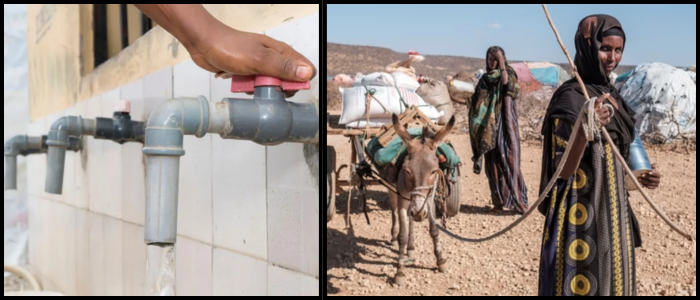According to an impact assessment from the Foreign Office, reduced support in Africa increases the risk of disease and death. Aid organisations expressed concern, saying that women and children in the most disadvantaged communities would suffer the most from these decisions. The UK's support for the Occupied Palestinian Territories will also fall by 21%, despite earlier commitments to maintain funding levels.
Aid Strategy Prioritises Efficiency Over Scope
The government stated that spending on multilateral aid organisations such as the World Bank and the Gavi vaccine alliance would remain intact. It also pledged to continue playing a humanitarian role in conflict-affected regions like Gaza, Ukraine, and Sudan. Development Minister Baroness Chapman said the new strategy is about making every pound work harder, focusing on clearer priorities.
The cuts result from what the government called a "line-by-line strategic review" of aid. This review aims to balance efficiency with responsible exits from existing programmes. The Foreign Office indicated that bilateral support to certain countries would decrease, and multilateral agencies deemed ineffective might face future reductions. However, it has not yet specified which countries will be directly impacted.
Mixed Reactions and Long-Term Concerns
Bond, a UK aid organisation network, criticised the decision, highlighting that programmes supporting education, gender equality, and humanitarian relief in crisis-affected countries like South Sudan, Ethiopia, Somalia, and Sudan are being deprioritised. Gideon Rabinowitz, Bond's policy director, warned that the most vulnerable—particularly women and girls in conflict zones—will bear the brunt of these political decisions.
At the same time, the UK reaffirmed its commitment to the World Bank's International Development Association (IDA), promising £1.98 billion over three years. This funding will support projects aimed at aiding 1.9 billion people across the world's poorest nations.
The UK's history of foreign aid saw significant boosts under Labour leaders Sir Tony Blair and Gordon Brown. The 0.7% aid target was officially reached in 2013 under David Cameron's leadership and made legally binding in 2015. However, the aid budget was scaled back to 0.5% in 2021 due to economic pressures caused by the COVID-19 pandemic.
World

UK Foreign Aid Cuts Hit Africa Hard

The UK government has disclosed details of its planned foreign aid reductions, revealing that Africa will face the most severe consequences. Key areas such as women's health, water sanitation, and children's education are expected to be significantly affected. These cuts are part of a broader reduction in foreign aid spending by 40%, dropping from 0.5% of gross national income to 0.3%. This move aims to boost the UK's defence budget to 2.5% of national income, following pressure from the United States.















